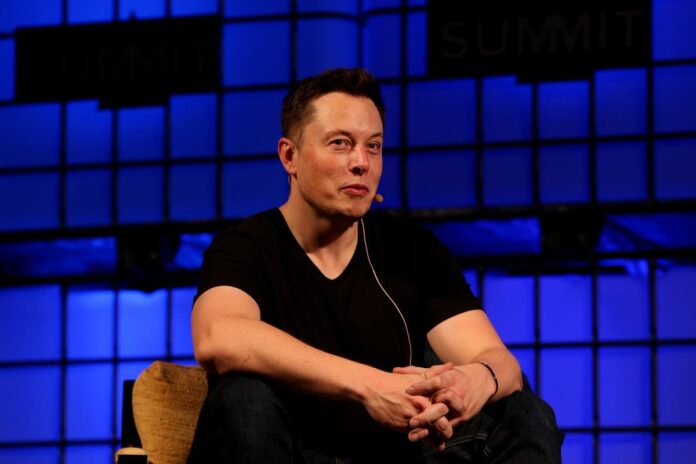Twitter has started a large wave of staff lay-offs as the social media firm continues its major restructuring under its new owner, Elon Musk.The billionaire has been in control of the company for a week and has continued to promise vast changes to how the company is run and how the platform itself operates for users.Here is a closer look at what is going on at Twitter.– What’s the latest?The company began large-scale staff cuts on Friday, with reports suggesting as much as half of the firm’s global workforce could be in line to be dismissed as part of cost-cutting measures.Twitter has a global staff of more than 7,500.In a widely shared internal email to staff telling them they would receive a message on Friday telling them if they still had a job or not, the company said the job cuts are ‘an effort to place Twitter on a healthy path’ and action is ‘unfortunately necessary to ensure the company’s success moving forward’.– Why does Twitter need to save money?Experts have noted that the global economic downturn has left many firms with staff sizes they can’t sustain, particularly in tech where companies stepped up hiring during the pandemic as their products became more vital with people in lockdown, working remotely, and spending more time online.Mr Musk has hinted several times that he believed Twitter’s headcount was too high and staff cuts would be needed in order to address this issue.The Tesla owner has also been toying with a range of other ways to generate more revenue for the company – which is currently almost completely reliant on advertising.– What has he suggested?The biggest proposed change would be to overhaul Twitter’s blue-tick badge verification system so that anyone who wants the badge would have to pay a monthly fee of eight US dollars for it.Currently, the verification system is designed to help users identify authentic and influential users on the platform, including government figures, sports stars, entertainment figures, journalists and major brands and organisations.But Mr Musk wants to change it so that anyone can have a badge if they choose to pay the monthly fee – believing it would be desirable enough among the wider userbase to bring in substantial extra revenue for the firm.Diversifying Twitter’s revenue streams looks likely to be vital to a Musk-owned version of Twitter, amid reports that a number of advertisers could suspend their spending with the company because of concerns over other proposed changes to the site Mr Musk has put forward.– So what else has Musk proposed?The most polarising issue is around Mr Musk’s stance on free speech and content moderation on Twitter.Before buying the company, the billionaire had repeatedly criticised the previous management for what he perceived as over-aggressive moderation of content on the site.He has previously identified himself as a ‘free speech absolutist’.He pledged to loosen moderation, allowing users to speak more freely, and even reverse the permanent bans of controversial figures including former US president Donald Trump.This sparked concern from online safety groups who have argued that this could allow abuse and harassment to increase on the site.This also led to the reports of some advertisers considering leaving the platform if the likes of Mr Trump were given a route back onto the site.In an effort to calm these fears, Mr Musk has announced that Twitter will form a new content moderation council – made up of figures from across the industry including civil society groups – and no major content decisions will be made before that board is in place.– What other issues does Twitter face?Mr Musk’s takeover comes as the scrutiny on social media platforms has intensified and a number of countries prepare to introduce major regulation into the sector for the first time.Among those is the UK’s Online Safety Bill, which is set to require sites to take down illegal content and put in place more measures to ensure user safety.The proposals could come into direct conflict with Mr Musk’s proposed approach for moderating Twitter – a potential major issue for the company when the penalty for breaching the new rules is set to be fines of up to 10% of global turnover, which in Twitter’s case could be billions of pounds.– What about Twitter’s longer-term future?In the weeks leading up to his takeover, Mr Musk revealed he saw the acquisition as an ‘accelerant’ to creating a long-term pet project of his – a so-called ‘everything app’ called X.It is a concept where internet users are able to access all of their favourite utilities and services from within a single app.The idea has already taken off in parts of Asia, where in China the WeChat app – once just a messaging platform – is now also a hub for ordering food, transferring money, paying bills, streaming video, booking restaurants and more.But so far, no equivalent has taken off in the West.


